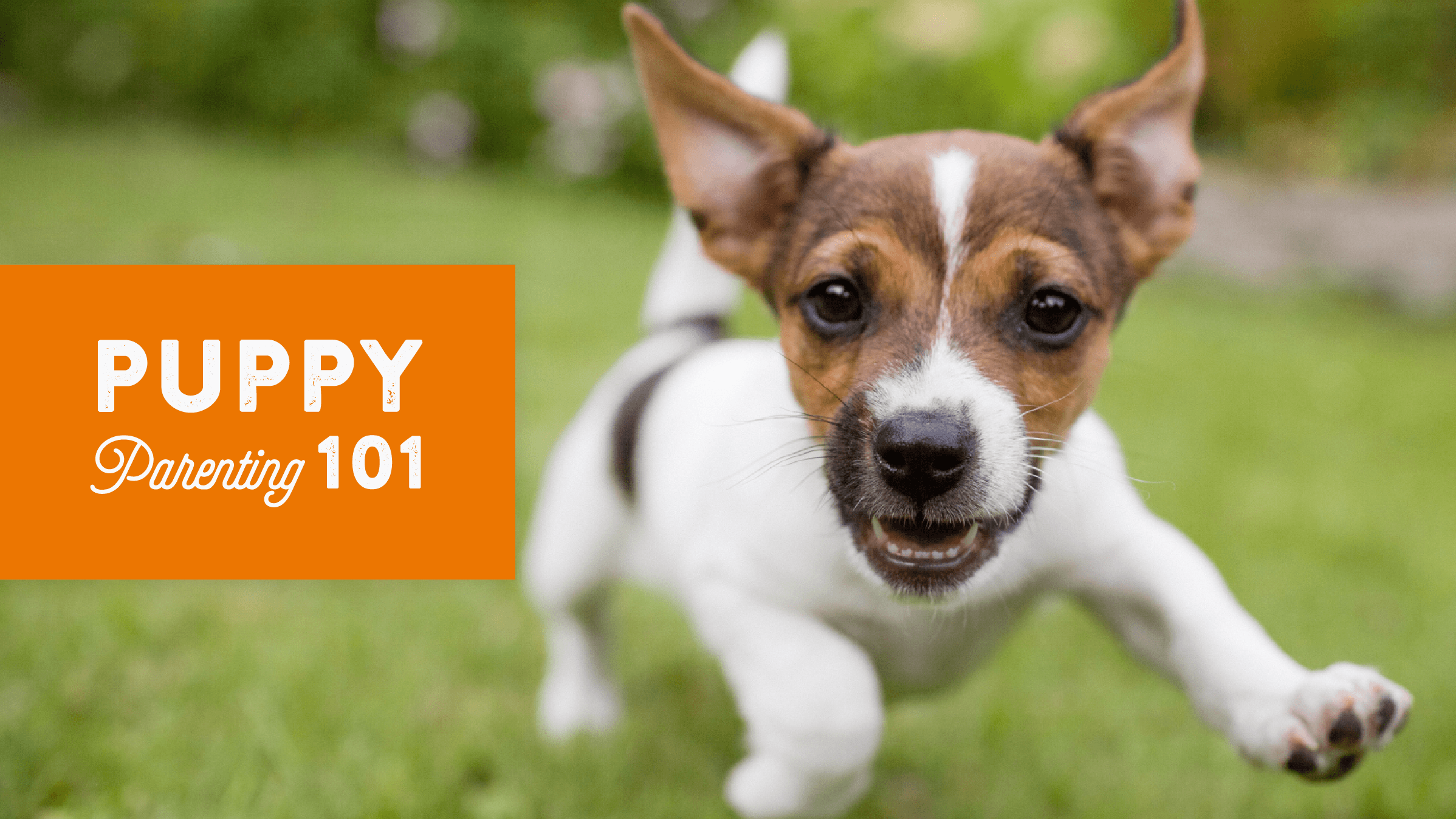By Steve Dale
National Puppy Day falls annually on March 23rd, and it’s a national holiday for good reason. There’s nothing cuter than a puppy! In fact, evidence shows we are predisposed to smile at them and hardwired to connect with them in ways not too far off from our natural bond with infants.
The Importance of Socialization
The period between three weeks and four months of age is critical for puppies to experience socialization. It’s essential that during this time puppies are exposed to people of all ages, all different objects in the environment and all kinds of animals – especially dogs, cats or any other animal the dog will ultimately be exposed to.
Legendary dog trainer, behaviorist and pet author, Dr. Ian Dunbar, once told me, “Every puppy should meet 100 people by its eighth week [of life] – all kinds of people of all ages.”
It was Dunbar who began the notion of puppy classes when most veterinarians thought the idea was unnecessary, or even dangerous, for fear of disease transmission. We now know that puppy classes can be exceedingly beneficial and have even shown to lower the number of dogs given up to shelters.
Keeping Things Positive
Puppies learn all sorts of things in classes, from inhibiting bites to supporting communication skills with other pups. Takeaways for humans are also very important, from housetraining skills to care issues, such as appropriate grooming and teeth brushing.
However, puppy classes aren’t always beneficial. In one study conducted by veterinary behaviorist Dr. Theresa DePorter, she demonstrated the problem with aversive or punishment-based dog training techniques. After one year, 38 percent of pups enrolled in a puppy classes utilizing aversive methods were re-homed, surrendered or euthanized. Compare those numbers to a positive reinforcement training class where 94 percent of puppy students are still in homes after one year.
The same extends for techniques in the home – it’s always best to reinforce the good behavior, rather than punish the bad. For example, if a puppy has an accident, rolling up a newspaper to smack the pup only teaches him to associate the bodily function with the discomfort of being smacked by a newspaper. Plus, the association only resonates with the puppy if it occurs just after the accident. If the punishment comes hours later – as it many times does – the puppy only learns to distrust family members. There’s nothing in that rolled up newspaper that clarifies, “I need you to go outside.” We somehow assume puppies will just get it, but, how can they?
Rather than emphasizing everything the puppy does wrong, reward the puppy for right behavior with effusive praise and yummy treats – like Vita Bone Biscuits. The more you reward for what you want, the less you’ll see what you don’t want.
Even before puppies begin class, you should start teaching at home. While puppies have limited attention spans, they have unlimited ability and a strong yearning to learn, so provide them outlets to do so. It’s not a stretch to suggest puppies want to please us; we just need to teach them how.
